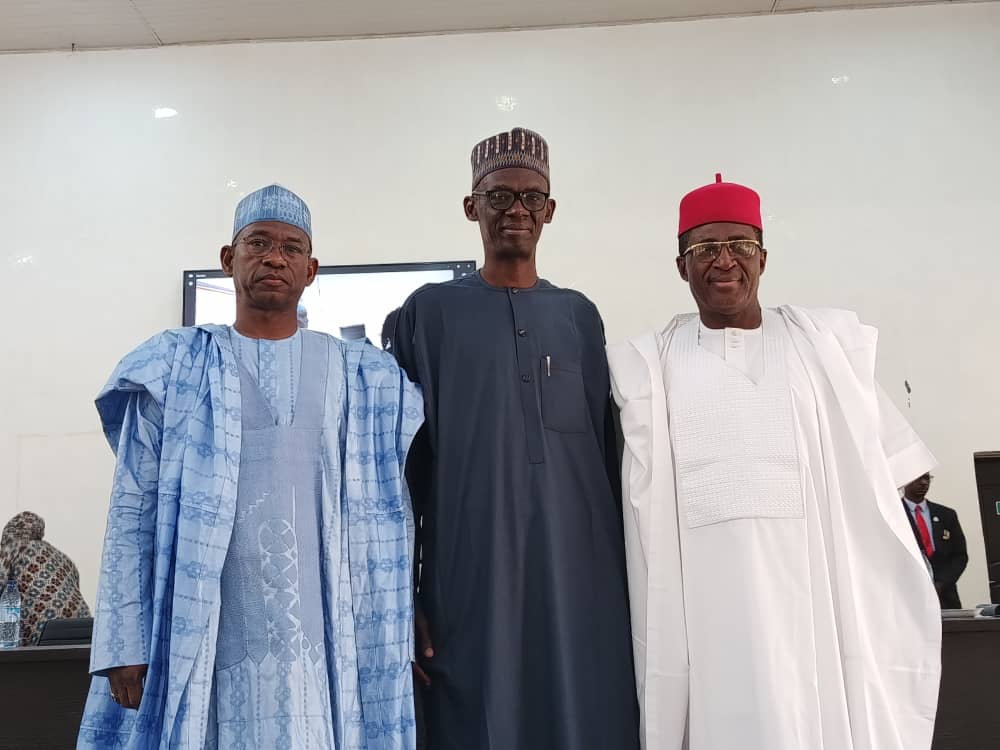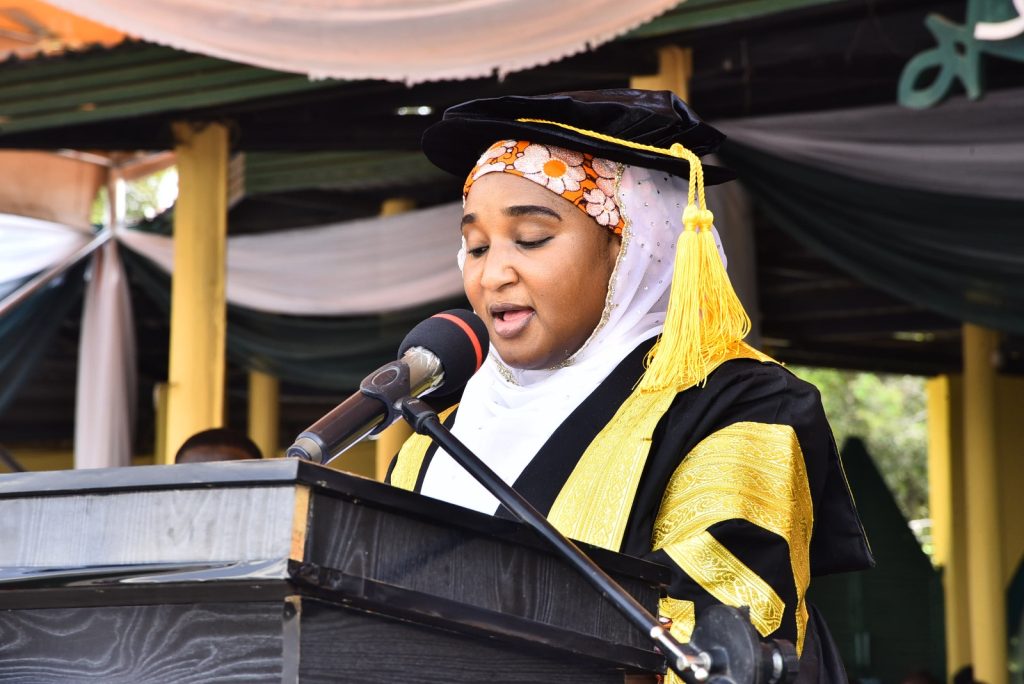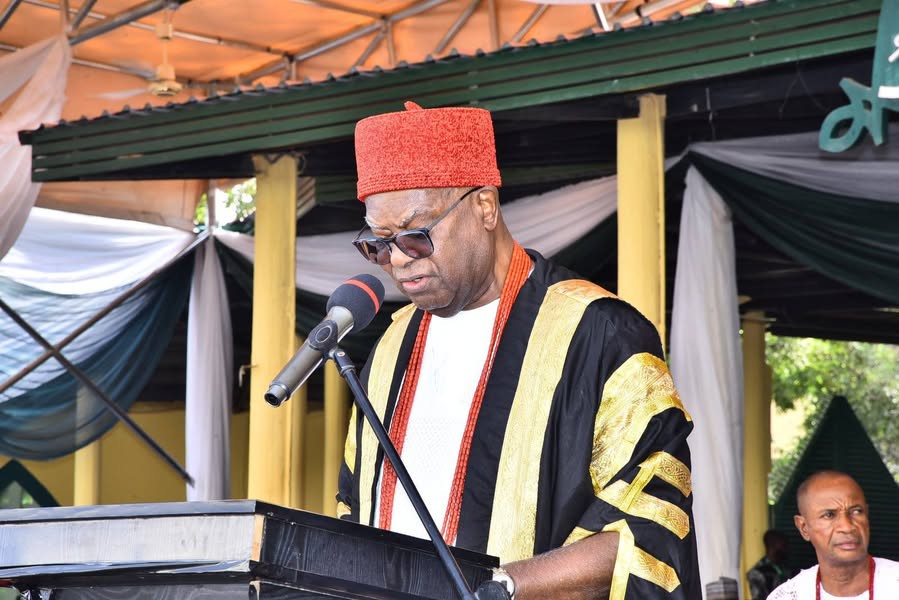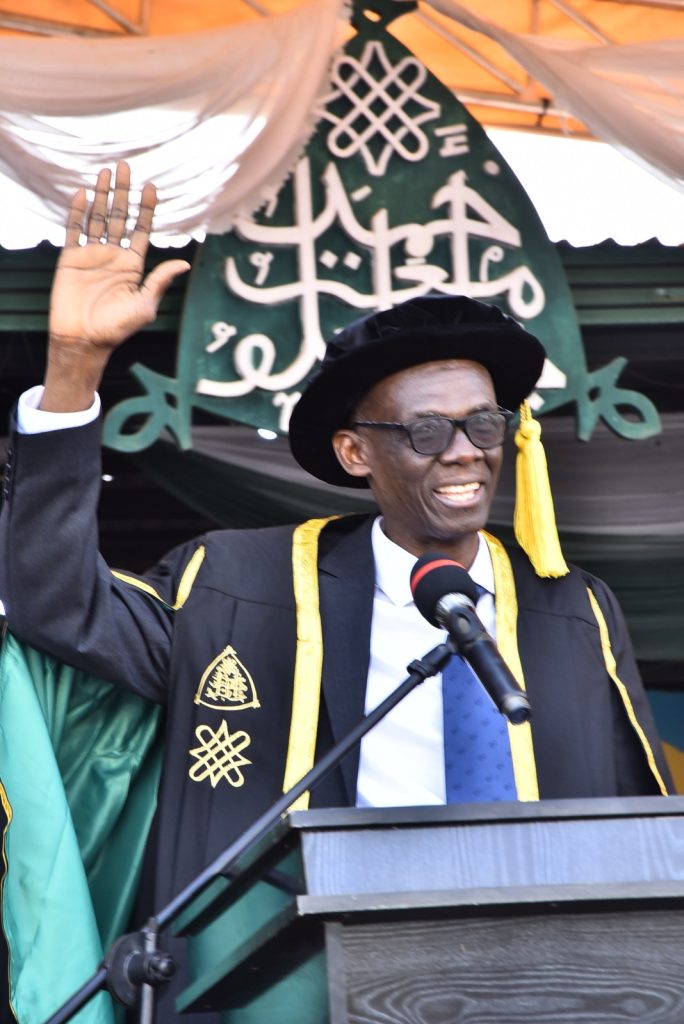Nigerian Institution of Surveyors blames floods and other urban crises on integrated data sharing failure
... As ABU celebrates 2025 World Habitat DayThe Nigerian Institution of Surveyors (NIS) has blamed the perennial floods and many other urban crises in Nigeria on the failure of integrated data sharing and planning.
President, Nigerian Institution of Surveyors (NIS), Chief Pius Chukwuemeka Eze, made this known in a keynote presentation during the 2025 World Habitat Day held at Ahmadu Bello University in Zaria.
Themed ‘Urban Crisis Response’, the one-day event was organised by ABU Faculty of Environmental Design to commemorate the yearly occasion.
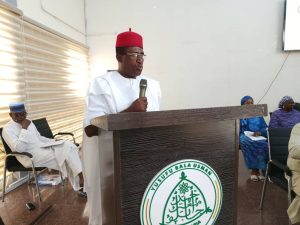
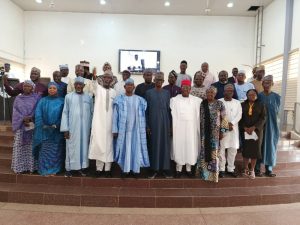
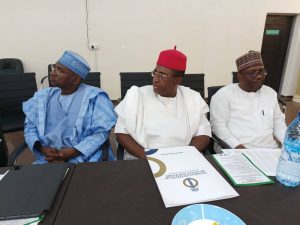
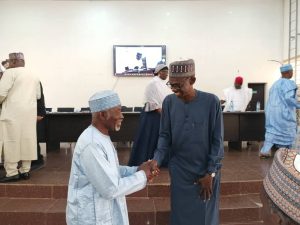
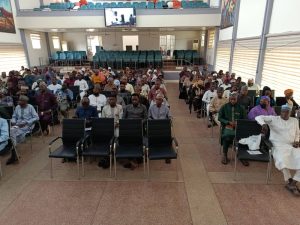
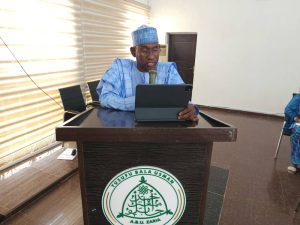
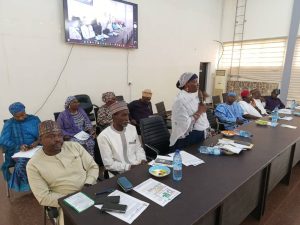
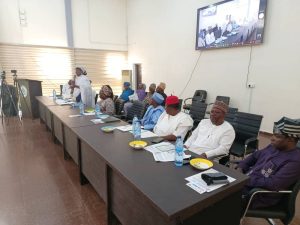
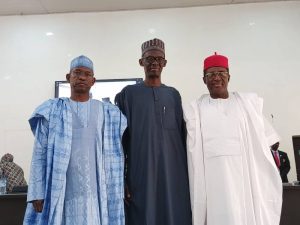
Eze, who was represented by the NIS Vice President, Surv. Bashir Mahmood, said Nigeria’s urban challenges had traditionally been fragmented.
This, according to him, often led to erection of buildings on floodplains because geospatial data was not integrated into the planning, designing and/or approval processes.
He highlighted that the fragmentation also resulted in infrastructure projects that were costed accurately but failed to account for social and environmental externalities.
The NIS president said beautiful architectural designs that were fundamentally unbuidable or unsuitable on the assigned plots were result of such practice.
Chief Eze further explained that Nigeria operated in professional silos, a model which he described as “dangerously obsolete”.
“The 2022 floods in Nigeria, which displaced over 1.4 million people and damaged vast swathes of urban infrastructure (NEMA, 2022), were a tragic testament to this failure of integrated data sharing and planning”, he said.
He further empathised that the professional silos did not just delay projects but also actively amplify the crises they were trying to solve, stressing that only radical, mandatory synergy could mitigate them.
A study by the Geospatial World Forum (2023), according to him, found that integrated geospatial data could improve the efficiency of urban infrastructure projects by up to 20% and reduce unforseen costs by 15%.
He said the theme of this year’s World Habitat Day was not a passive reflection but a call to action.
“It demands that we break down our silos and build bridges of data, dialogue, and mutual respect.
“The surveyor’s tape measure must connect with the architect’s blueprint, the planner’s zoning map, and the builder’s schedule”, he said.
Equally speaking, the President, Nigerian Institute of Quantity Surveyors (NIQS), QS Kene C Nzekwe, advocated for policy changes and investments that would support urban development and crisis response.
He also urged all stakeholders, including government agencies, private sector entities, and civil society organisations, to work together to address the challenges of urbanisation.
Declaring open the occasion, the Vice-Chancellor, Ahmadu Bello University, Prof Adamu Ahmed, expressed concerns at the rate at which people were moving to the urban areas in Nigeria.
Prof Ahmed, who commended the Faculty of Environmental Design for its resilience to commemorate the World Habitat Day every year, stressed that the faculty had a huge responsibility in tackling the urban challenges in Nigeria.
In his address of welcome, the Dean, Faculty of Environmental Design, Prof Abdullahi Abubakar, explained that the World Habitat Day was a day set aside by the United Nations to reflect on the state of human settlements and to reaffirm the universal right to adequate shelter.
He said since its inception in 1985, World Habitat Day had served as a powerful platform to raise awareness about the challenges of urbanisation and the urgent need for sustainable development.
Prof Abubakar also said ABU was proud that its Faculty of Environmental Design had been an active participant in World Habitat Day for the past three years.
In a vote of thanks, the Chairperson Local Organising Committee for the event, Prof Adele Garkida, thanked all stakeholders, particularly the Vice-Chancellor, the dean, all HODs from the faculty, and keynote presenters, for making the event a huge success.
This year’s programme was a reflection of the faculty’s deep commitment to sustainable urbanism and environmental stewardship.
During the programme, apart from the keynote presentations, there were a tree planting exercise and an exhibition showcasing student-led projects and research that envisioned a more inclusive and sustainable urban future.
……………………… …………….
Public Affairs Directorate,
Office of the Vice-Chancellor,
Ahmadu Bello University, Zaria (NAM)
Sunday, 12th October, 2025
